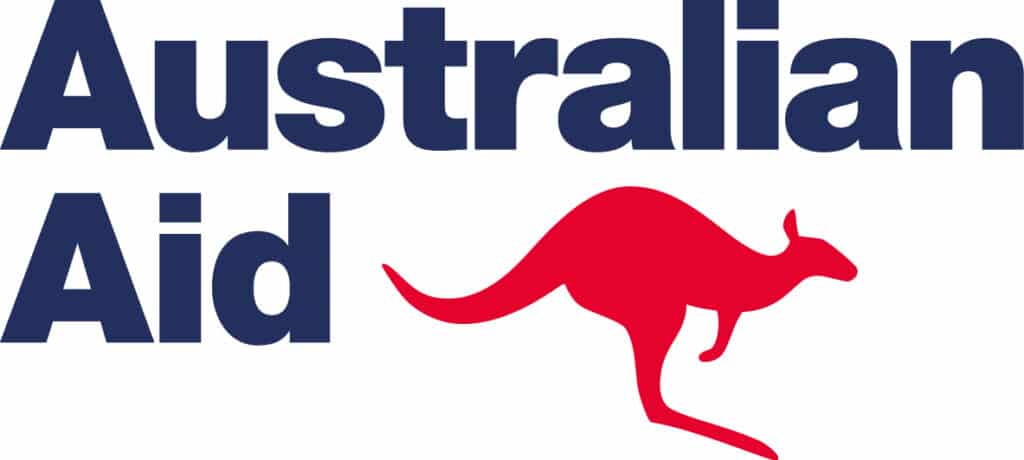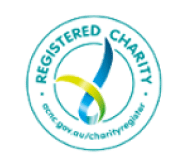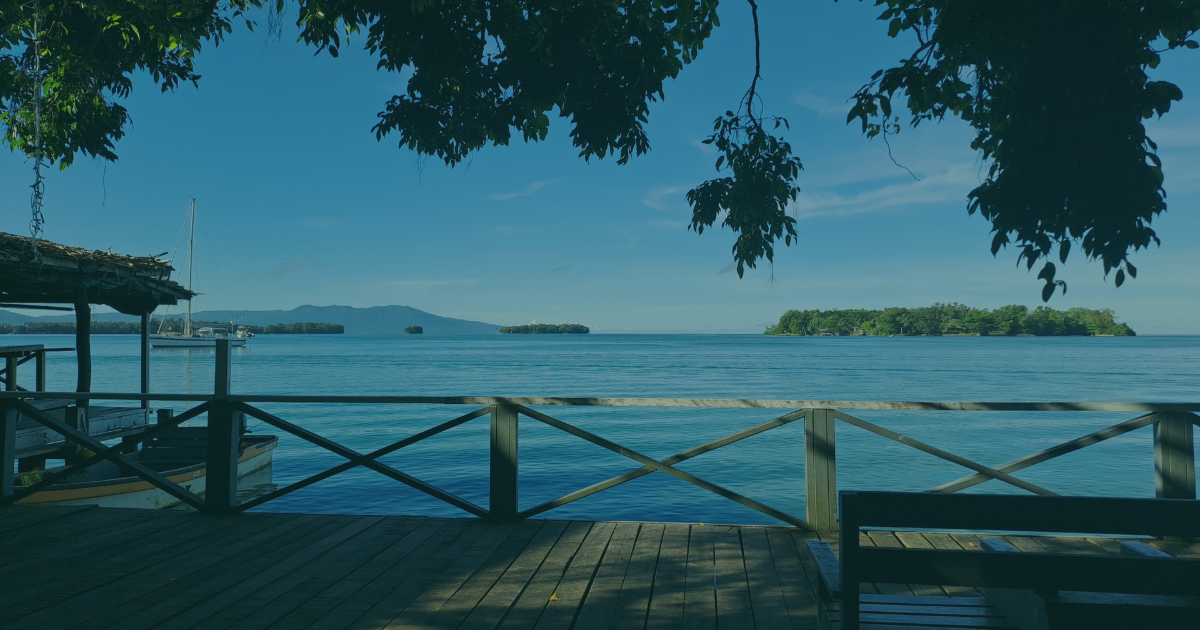
Building Resilience
and Climate Justice
in Solomon Islands
The breathtaking Solomon Islands, with its lush landscapes and vibrant culture, is a place of immense beauty but also immense challenges.
In the hills of Koa Hill, for example, residents face not just stunning views but also the persistent threats of landslides and flooding. These risks, compounded by the impacts of climate change, highlight the urgent need for communities to strengthen their resilience and prepare for disasters.
The Gender and Climate Justice Program, run by the Anglican Church of Melanesia, supports six communities across the Solomon Islands. Through this program, women and community leaders are equipped to become changemakers in addressing issues of gender equality and climate justice. By empowering women with financial literacy training, creating disaster risk committees, and providing access to essential services, the program is fostering resilience at every level.
Melinda's Story: Saving for a Secure Future
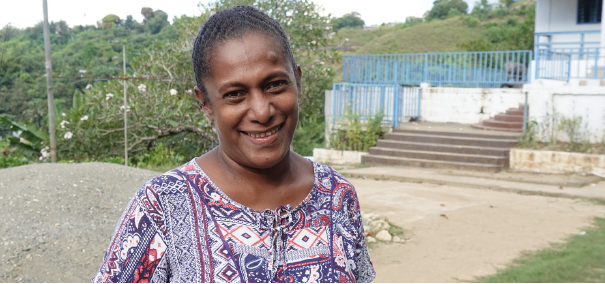
One shining example of this impact is Melinda, a resident of Koa Hill. Like many women in her community, Melinda recently participated in financial literacy training run by ACOM. For her, this training marked a turning point in how she approaches financial security.
Melinda was particularly excited to join the Savings Group, explaining how she used to spend her weekly wages quickly—often supporting extended family members with fares and food. This cultural expectation, while deeply rooted in Melanesian society, left her struggling to save for her own needs.
"Before the Savings Group, I barely had anything left for myself by Monday or Tuesday," Melinda shared.
With training and support, she is now confident in her ability to not only meet her family’s needs but also put aside funds for her retirement—a vital step since she has no children to care for her in old age.
Empowering Communities to Prepare for the Future
The Gender and Climate Justice Program goes beyond individual transformation; it empowers entire communities to take proactive steps toward resilience. In the Solomon Islands, six village-based disaster risk committees were established, consisting of 41 community representatives—21 women and 20 men. These committees play a critical role in preparing villages for natural disasters, ensuring that families have the knowledge and plans needed to face emergencies.
Additionally, the program integrates Gender and Theology training, reaching 21 women and 19 men. These sessions challenge deeply held beliefs and equip participants to address issues of gender equality in their communities, ensuring that women’s voices are included in conversations about resilience and justice.
The work being done in the Solomon Islands highlights the power of partnership, education, and shared commitment to building safer futures. Through programs like these, families are not just weathering immediate challenges but also laying the foundation for long-term security and empowerment.
‘The Gender and Climate Justice Program’ receives funding from the Australian Government, through the Australian NGO Cooperation Program (ANCP).
